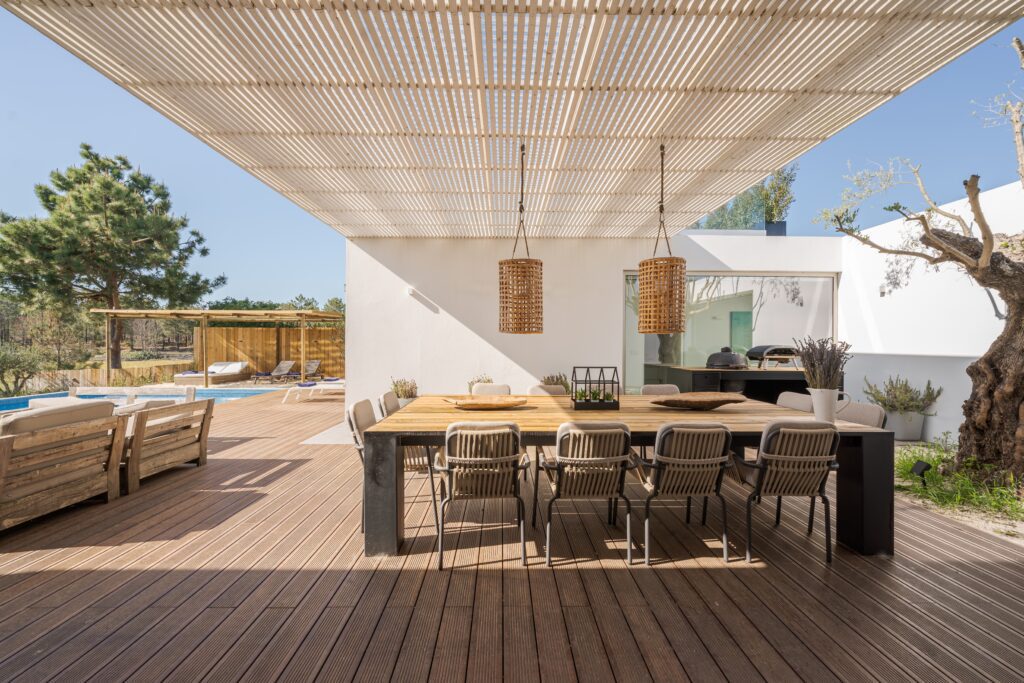
Property Market-Index’s new study has found that real estate prices in Portugal continued to outstrip those of the rest of Europe and many other traditional international real estate markets last year.
Our independent research revealed an 8.1% increase in 2023 for Portugal’s major real estate markets– compared to a 1.7% decrease in the euro area and a 1.1% decrease across the rest of the European Union.
Traditional Portuguese property hotspots such as the Algarve and urban powerhouses Porto and Lisbon remained buoyant – driven in part by the nation’s increasing popularity among affluent expats.
The study also revealed that Portugal’s real estate prices averaged a 6.5% increase across the country. Lisbon, Porto, Braga, Cascais, and the Algarve are seeing the highest increases year-on-year.
The Algarve’s popularity saw the highest rise at 15% over the same period, and many areas in and around Lisbon were not far behind, according to the report.
This report on Portugal’s property market was compiled by Property Market-Index spokesperson Amanda Collison, who said: “Portugal’s real estate market remains strong compared with many other international real estate markets as we move further into 2024.
There are, however, signs that house price growth in Portugal, while forecast to be strong compared with other international markets, is not likely to see the double-digit growth figures that we saw in 2023, apart from a few isolated property hotspots where supply and demand is still very high.
New housing legislation passed by the Portuguese government adds a new layer of complexity to the property scene in the nation.
The new Mais Habitação (More Housing) Portuguese bill aims to increase the supply of affordable rental properties across Portugal for the local population.
Among the changes it will usher in is a push to turn short-term rentals into long-term leases.
Few, however, expect the housing bill to have any meaningful impact on the luxury end of the property market. This sector has been predominantly driven by wealthy expats and international investors.
Our research further indicates that the luxury end of the real estate market is still strong due to a lack of supply and high demand in some of the property hotspot areas identified in our report.
This is having a knock-on effect on other areas near these property hotspots. For instance, the Algarve’s Golden Triangle is very expensive, creating demand in the neighbouring regions and growing interest in Faro, Almancil and Loule.
Similarly, in and around Lisbon, as well as Cascais, Sintra and Comporta, these real estate markets have been very popular with international investors and expats. Therefore, other urban areas such as Oeiras and Amadora are seeing benefits in new buyers and increased demand.
In the north of the country and the Silver Coast, the markets are still strong, but there is greater value for money than Lisbon and surrounding areas, as well as the Algarve. However, demand is still higher in the south of the country, and because of the need for more new developments, prices are still expected to grow, albeit not at the same level of increase as in 2023.
While interest rates have started to come down, this has slowly begun to bring more first-time buyers. Still, it won’t be until 2025, when interest rates are expected to come down further, that the market will start to build again across all international real estate markets.
